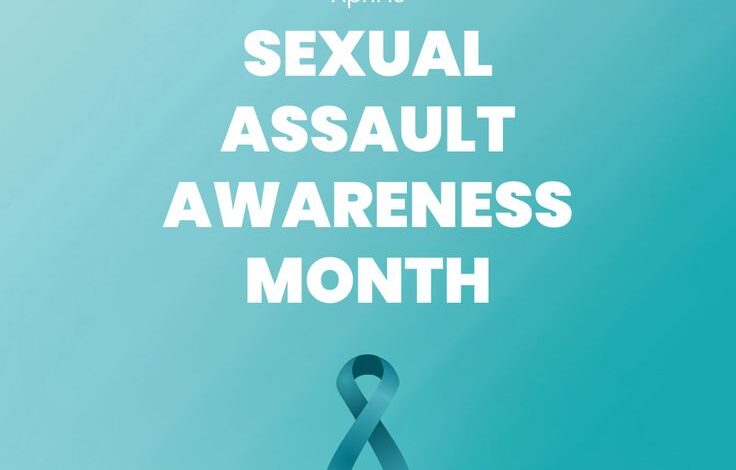April marks Sexual Assault Awareness Month, a period dedicated to raising awareness about sexual violence and educating communities on how to prevent it. A crucial yet often overlooked aspect of this education starts at home. While parents should ideally be the first point of contact for children in the wake of any distressing experiences, including sexual assault, this is not always the reality. The silence surrounding discussions on sexual health and safety within many families can leave children vulnerable, unsure, and alone when they most need support.
One of the most powerful tools parents have in protecting their children is open, honest communication. However, a combination of societal taboos, personal discomfort, and a lack of resources can lead to a deafening silence on topics of sexual assault and consent. This silence does not act as a shield; rather, it leaves children ill-prepared to navigate relationships and unaware of the red flags that could signify abusive behaviour.
Creating a safe space for conversation involves more than being physically present. It requires parents to foster an environment of trust and non-judgment, where children feel comfortable sharing their fears, questions, and experiences. Parents need to initiate these discussions early and ensure they are age-appropriate, focusing on the importance of consent, respect in relationships, and the understanding that their body belongs to them.
Education on the signs of abusive partners is crucial in helping children understand what healthy and unhealthy relationships look like. Parents can guide their children by discussing the importance of mutual respect, trust, and communication in any relationship. Equally, they should highlight the red flags of manipulation, coercion, and control, which often characterize abusive partnerships.
These discussions should also include the understanding that abuse is not always physical; it can be emotional, psychological, and digital. Educating children on the diverse tactics used by abusers, including gaslighting, isolation from friends and family, and digital monitoring, empowers them to recognize and resist manipulative behaviours.
Educating our sons on how to treat women with respect and dignity is not just a matter of good manners; it’s a fundamental aspect of building a just and equitable society. This education begins at home, from a young age, by setting examples through our own actions and conversations that highlight the importance of consent, mutual respect, and empathy. Teaching our sons to view women as equals, to listen actively to their voices, and to understand the impact of their words and actions is crucial. We must also address and challenge the pervasive stereotypes and gender norms that can influence harmful behaviours. Encouraging open dialogue about emotions, boundaries, and respectful relationships provides them with the tools to navigate their interactions with women positively and responsibly. By instilling these values in our sons, we contribute to a culture that respects women’s rights, celebrates their achievements, and protects their freedoms.
Empowering children goes beyond one-off conversations. It involves continuous support and reassurance that they can always turn to their parents, no matter the situation. Parents must emphasize that there is no shame in seeking help and that their home is a safe haven from the harms of the world.
This education also includes familiarizing children with external support systems and resources, such as helplines, counsellors, and trusted adults, who can offer assistance if they ever find themselves in uncomfortable or dangerous situations.
As we observe Sexual Assault Awareness Month, let us remember the vital role parents play in the prevention of sexual violence. By breaking the silence surrounding sexual assault, educating children on the signs of abusive behaviour, and fostering an environment of open communication and unconditional support, parents can significantly reduce the vulnerability of their children to sexual violence. It is through these concerted efforts that we can hope to build a safer world for our children, where they are informed, aware, and above all, protected.
Creating a dialogue about sexual assault and safety is not just a parental responsibility but a societal one. Let this April be a reminder of the power of education, conversation, and action in combating sexual assault and supporting survivors. Together, we can make a difference.





